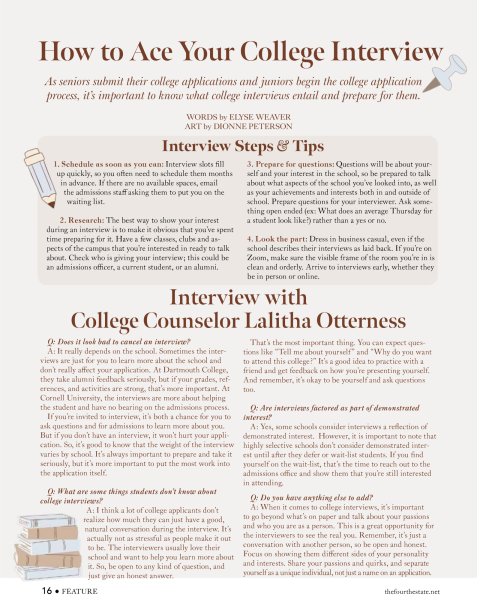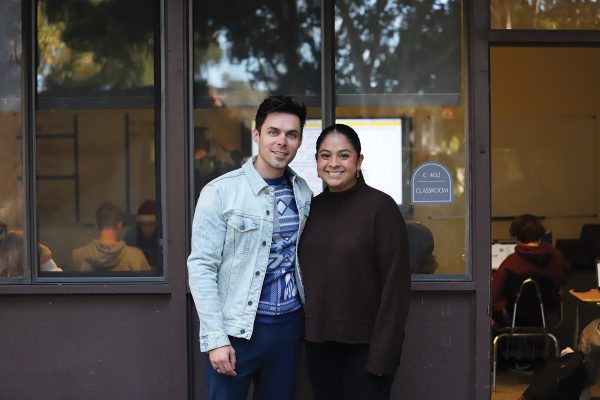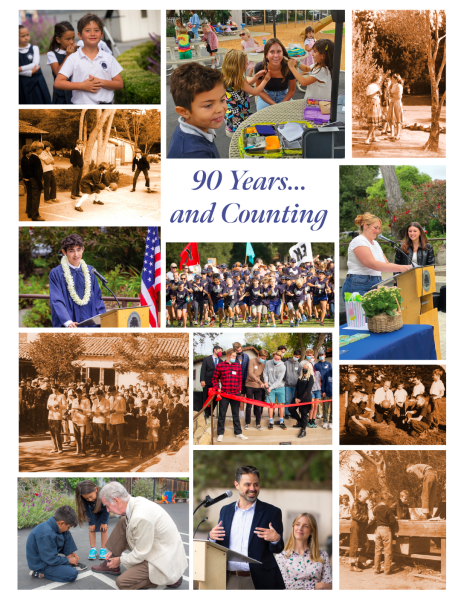Gap Year
September 1, 2019
Have you ever dreamed of teaching the children in Ghana, creating music that drifts out across the West African landscape, conducting case studies, joining a Himalayan expedition, or spending an entire year after graduating from high school pursuing your greatest passions?
“More and more I’ve found myself fantasizing about taking a gap year in college,” Sophomore Elizabeth Bisno said. “I think it is something everyone should do. I see it as an incredible experience that I will learn so much from and won’t regret.”
Despite his decision not to take a gap year after he graduates from Laguna, Senior Sherlock Jian still pictures himself “traveling around the world or doing internships” if he will have such an opportunity in the future.
Whether or not you have ever considered taking a gap year, learning about it now will help you make the best decision for yourself and your future.
The American Gap Association defines a gap year as “a year of experiential learning, typically taken after high school and prior to career or post-secondary education, in order to deepen one’s practical, professional, and personal awareness.”
Through experiences such as overseas studies and internships, taking a gap year before entering college provides students opportunities to pursue their passions outside of the classroom. This opportunity not only broadens their horizons–– quite literally–– but also forges their identity as world citizens.
One year abroad exposes students to foreign cultures, encourages them to reach out to other communities, and provides new perspectives on their studies, all of which form immeasurably meaningful experiences unable to find in schools.
Especially for students who are still in the process of finding out their passions, taking a gap year helps them to discover who they are and what is important to them.
According to the American Gap Association, 98% of the gappers surveyed believe that taking a gap year promotes their personal growth, indicating the increasing maturity and self-reliance of post-gap-year students having overcome challenges in living away from parents, interacting with new people, and immersing themselves in fresh activities and ideas.
After a semester-long outdoor adventure in cultural exchange and academic study at Alzar School, Sophomore Kate Spaulding “learned how well [she] can handle difficulties. [She] realized that [she] [is] capable of pushing [herself] physically and mentally in school now, as [she] had classes in the wilderness and was usually tired from backpacking, and was forced to speak in different languages like Spanish. After overcoming these challenges, [she] can totally handle Laguna.”
Despite the benefits gap years can provide, concerns rise among parents and students, such as a student’s risk of falling behind academically or simply the cost of gap year programs.
It is true that some programs carry high price tags, yet some provide scholarships and financial aid to those students in need.
The pros and cons to taking a gap-year are numerous, but eventually one side will outweigh the other–– it all depends on the student.
As a piece of advice for our graduating students on this decision, Laguna college counselor Matt Struckmeyer said: “The essential thing to consider is how refreshed students feel when entering colleges. More and more high school students are facing extremely fatigued activities to get admitted, pushing themselves to their limits, getting both intelligently and physically tired. Therefore, taking a gap year allows them to have a break from the intense pressure. This entirely self-directed process is spiritually refreshing. They will truly begin college with maturity.”
Whether taking a gap year or not truly depends on an individual’s character, goals, passions, economical background and other factors. I believe one’s motivation, capability of planning ahead, self-disciplinary and self-awareness are keys to a successful gap year experience.
















